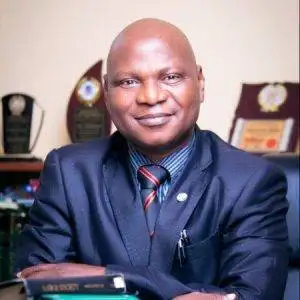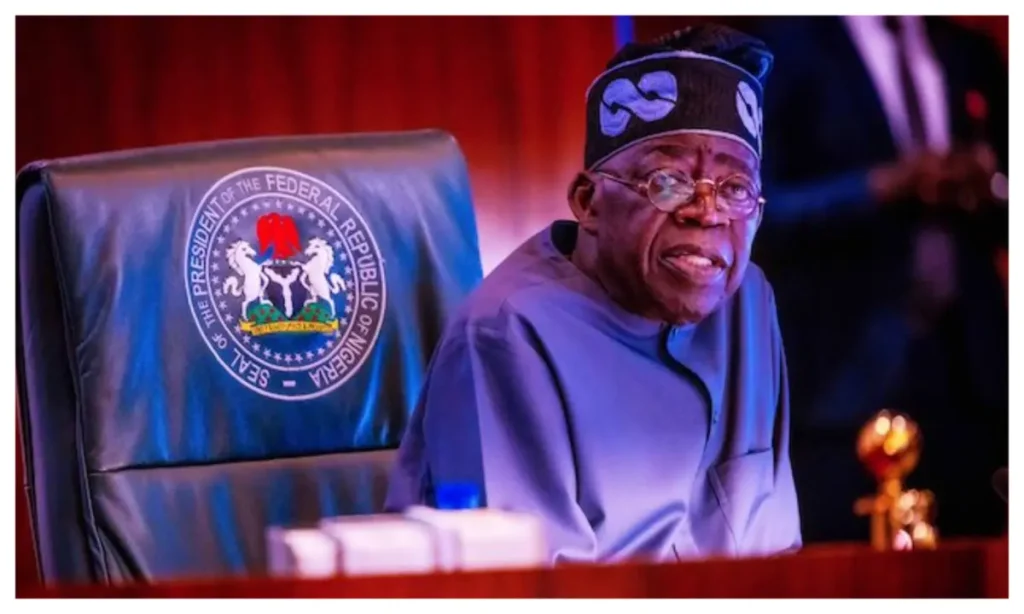The Afe Babalola University scholar explains that as long as due process is followed, the President’s decision stands beyond legal challenge.
President Bola Ahmed Tinubu on October 11, 2025, granted presidential pardons and clemency to 175 individuals, including former lawmaker Farouk Lawan; Maryam Sanda, who was sentenced to death in 2020 for killing her husband; late environmental activist Ken Saro-Wiwa; nationalist Herbert Macaulay; Mamman Vatsa; and several others.
In a statement released by the Special Adviser to the President on Information and Strategy, Bayo Onanuga, the decision followed recommendations made by the Presidential Advisory Committee on the Prerogative of Mercy, chaired by the Attorney-General of the Federation and Minister of Justice, Lateef Fagbemi (SAN).
Read Also:
Atiku slams Tinubu’s presidential pardon, calls it ‘mockery of justice’
Nigerians express shock over Maryam Sanda’s presidential pardon
According to the Presidency, the list was divided into six categories: full pardons, posthumous pardons (including the Ogoni Nine), honouring of victims of the Ogoni Nine, presidential clemency, reduction of prison terms, and commutation of death sentences to life imprisonment.
However, the decision has triggered widespread public criticism, with many Nigerians questioning the fairness and consistency of the country’s justice system.
Opposition Reactions
The People’s Democratic Party (PDP) condemned the action, describing it as a reckless use of constitutional powers that disregards public sensitivity. In a statement by its Deputy National Publicity Secretary, Ibrahim Abdullahi, the PDP said that while the power of pardon is enshrined in the Constitution, the President’s decision in this instance “reflects poor judgement and could undermine public trust.”
Similarly, the African Democratic Congress (ADC) labelled the action “a national disgrace,” saying it rewards criminality and weakens the deterrent effect of the law. The party argued that granting clemency to individuals who had served only minimal portions of their sentences undermines the sacrifices of security agencies fighting drug crimes.
The Labour Party’s 2023 presidential candidate, Peter Obi, also joined the debate, calling for greater transparency and restraint in the use of the prerogative of mercy. Obi, a consistent advocate of good governance, described the pardons as “deeply troubling,” especially given that some of the beneficiaries were convicted of serious offences, including drug trafficking, homicide, and corruption. He cautioned that “the power of pardon must not become a tool to excuse crime or bypass justice,” but should be used only in cases of proven miscarriage of justice or genuine rehabilitation.

Legal Expert Defends President’s Power
In contrast, Professor Sesan Fabimise of Afe Babalola University, Ado-Ekiti, explained that the President acted within his constitutional rights. Speaking with New Daily Prime, the law professor said that as long as the power of mercy is exercised legally and in line with due process, no one can challenge it.
According to him, the President has the constitutional right to exercise the prerogative of mercy, and the motive behind granting a pardon cannot be questioned, provided it follows due process and complies with the law.
He explained that the list of those pardoned was prepared by a committee set up specifically for that purpose. “It does not matter whether the beneficiaries are relatives or associates of the President,” he said. “The power of prerogative of mercy is a discretionary power vested in the President by the Constitution.”
When New Daily Prime asked whether there should be clearer guidelines in the Constitution on how the President’s power of mercy should be exercised in the future, Professor Bamisile replied that doing so might defeat the purpose of the power itself.
“In that case, the power may lose its value,” he explained. “The moment you begin to impose strict procedures and guidelines, it ceases to be discretionary. As long as the Constitution defines it as a discretionary power, the person exercising it has the freedom to decide when and how to use it.”
When asked if the President’s decision could be challenged in court, the law professor clarified that it could not.
“The President’s action cannot be questioned in court,” he said. “It is a constitutional and discretionary power, and once it is exercised within the bounds of the law, no one can legally challenge it.”



